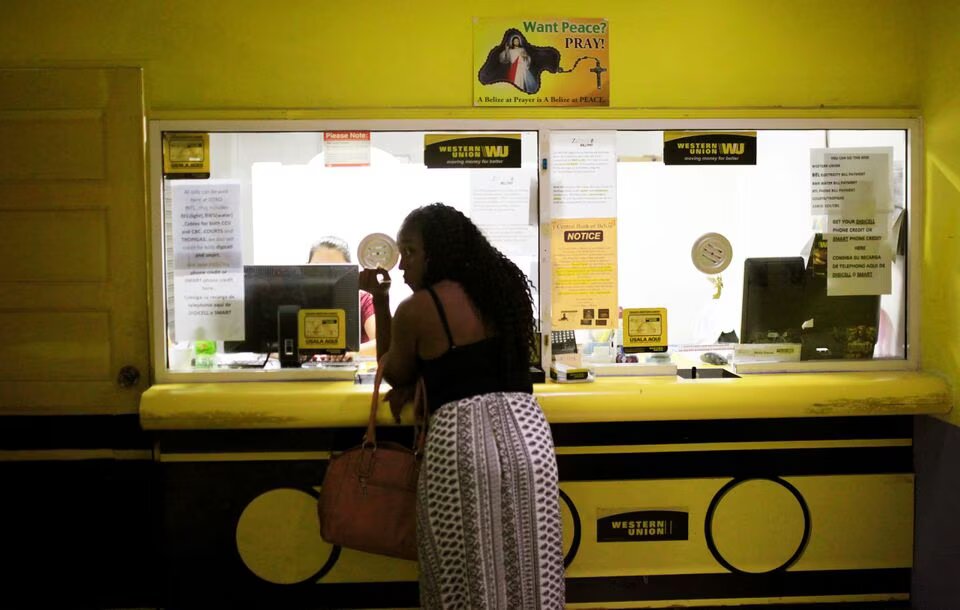LONDON (Reuters) — Some of the world’s poorest countries face budget cuts topping $220 billion over the coming five years due to a debt crisis that has pushed dozens to the brink of default, according to an Oxfam International report released on Monday.
Oxfam’s report, released at the start of the IMF-World Bank meetings in Marrakech and drawing on IMF outlooks, also found that on current terms, low- and lower-middle income countries face nearly half a billion dollars a day in interest and debt repayments through 2029.
A record number of developing nations are in debt distress as rising global interest rates, soaring inflation and a series of economic shocks following the COVID-19 pandemic hammer state finances. Ratings agency Fitch said that as of March, there have been 14 separate default events since 2020 across nine different sovereigns.
Women gather grain spilled by cargo trucks from Zambia along a highway in Magunje, Zimbabwe, February 20, 2016. REUTERS/Philimon Bulawayo/File Photo
Oxfam called on the IMF and the World Bank to use the crisis to create a fairer system – rather than focusing on debt restructure and spending cuts.
“Their answer to the debt crisis is more austerity, and their answer to the financing gulf is more loans,” Oxfam International interim Executive Director Amitabh Behar said in a statement. “True win-wins, like fairly taxing the rich, are being left on the table.”
The IMF did immediately respond to a request for comment.
Oxfam and other aid and campaign groups have previously called on international creditors to cancel the debts of developing countries facing economic crisis.
The report also said that debt servicing payments for the poorest countries is outstripping healthcare spending by four to one.
Debt reworks for some of the defaulted nations, including Zambia and Ghana, are expected to make progress during in-person meetings in Marrakech, while the IMF will continue conversations with Tunisia, Pakistan, Egypt and other over the terms of proposed bailout loans.
Reporting by Libby George and Sarah Morland, Editing by Rosalba O’Brien
Our Standards: The Thomson Reuters Trust Principles.

